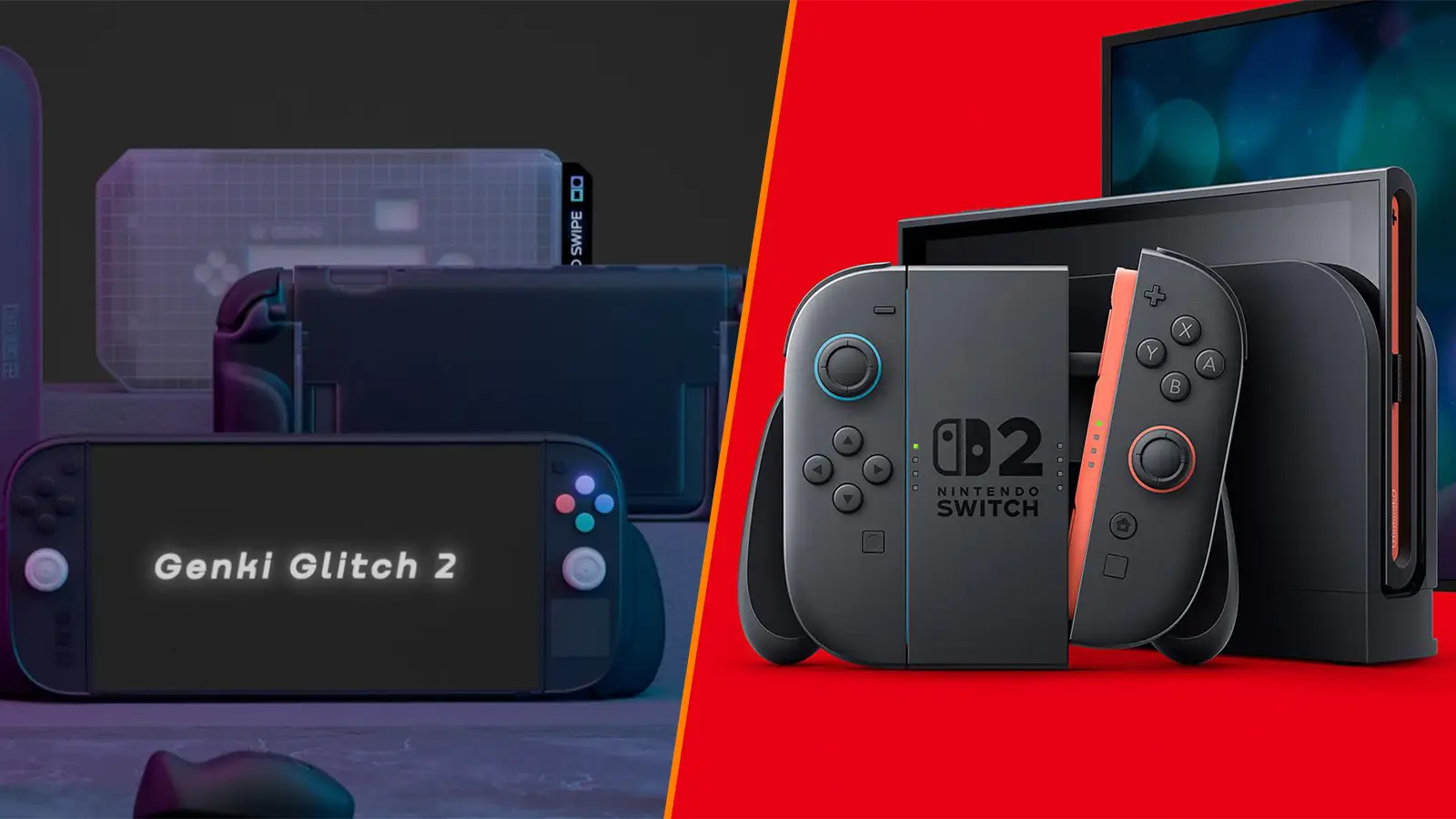Nintendo Unleashes Legal Fury: Genki Caught in Crosshairs Over Unauthorized Switch 2 Teaser

Nintendo has launched a legal offensive against accessory manufacturer Genki, alleging trademark infringement and deceptive marketing practices following the company's controversial display of unofficial Nintendo Switch 2 concept designs at the Consumer Electronics Show (CES) 2025.
The tech giant is taking a firm stance against Genki's unauthorized mockups, which reportedly sparked significant industry speculation about the potential next-generation handheld gaming device. By showcasing these speculative designs, Genki appears to have crossed a line that Nintendo views as a direct challenge to its intellectual property rights.
Legal experts suggest that Nintendo's lawsuit centers on two primary concerns: preventing potential consumer confusion and protecting its brand integrity. The mockups, while not official Nintendo products, could potentially mislead consumers about the company's actual product roadmap.
Genki has yet to publicly respond to the legal action, leaving the gaming community curious about the potential outcome of this high-stakes intellectual property dispute. Nintendo's aggressive legal approach underscores its long-standing commitment to controlling its brand narrative and preventing unauthorized representations of its technology.
As the legal battle unfolds, industry observers will be watching closely to see how this confrontation might impact future tech conventions and product previews in the gaming accessory market.
